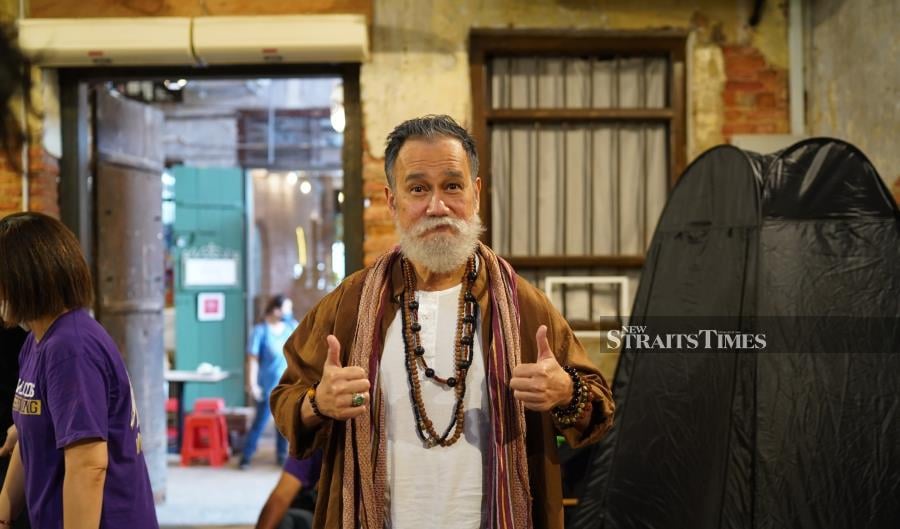Head cook Balbir Singh stirs an enormous ladle through a potato and soybean stew, simmering with ghee and coriander in a giant cook pot. A machine that every hour makes 5,000 chapati -- thin, unleavened bread -- whirs long before the sun rises and after it sets.
Singh, 44, lights the flames at 3 a.m. so that 35,000 lunches are ready for pickup by 9 a.m.
"If we serve at this time, God will give us more. It's a give and take system," Singh said.
Bangla Sahib is the largest of New Delhi's 10 gurdwaras, whose kitchens together form a vital part of the city's strategy to feed the poor during the pandemic.
The city government approached the Delhi Sikh Gurdwara Management Committee just after India's nationwide lockdown began in late March, according to the committee president, Manjinder Singh Sirsa.
Bangla Sahib, which usually prepares around half a million meals per week using donated ingredients and equipment, is quickly ramping up to produce six times that many, Singh Sirsa said.
The government sends trucks to pick up the meals each day and distribute them to a network of shelters and drop-off points, but pays nothing for the food.
Singh Sirsa struggles to protect his workers and collect donations to keep the enterprise going. "This is the biggest challenge for me in my entire life," he said.
Anticipating many months of hardship ahead, he appears nightly on the Bangla Sahib's own TV channel to appeal for more donations.
A man from Montreal recently pledged $10,000, another from London offered $100,000, he said. The dining hall heaves with sacks of rice, flour and lentils and cans of oil -- six months of supplies, said Jagpreet Singh, a 27-year-old temple clerk.
"We believe in God. He's giving us this power, so we provide," he said.





